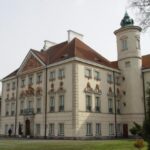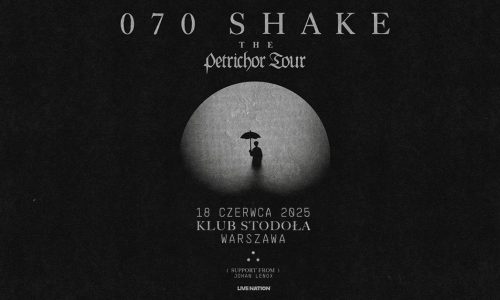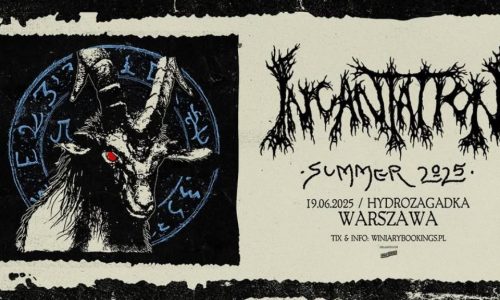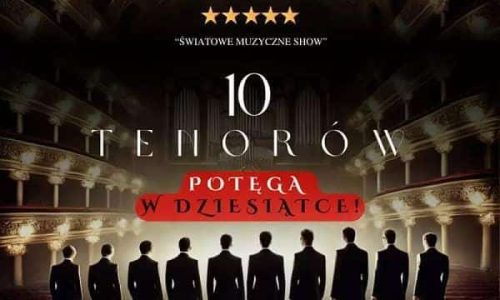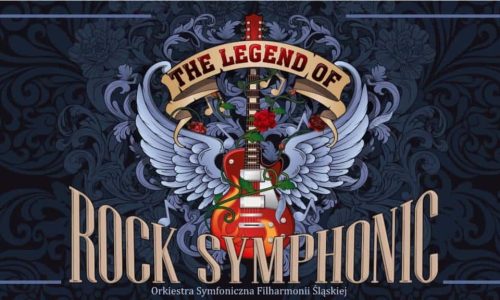Adam Balcer will discuss the book 'Bullets as beads of the rosary' with its author Mariusz Sawa and Iza Chruślińska. The meeting will be opened by Piotr Tyma.
"Bullets like rosary beads. Armia Krajowa and Bataliony Chłopskie wobec Ukraińców w Sahryniu i innych wsiach powiatu Hrubieszowskiego 9-10 March 1944 roku" touches on one of several crimes particularly uncomfortable for adherents of an uncritical narrative about Poland's recent history. The murder committed by partisan units of the Home Army and BCh against Ukrainian inhabitants in a dozen villages near Hrubieszów in March 1944 belongs to a peculiar pantheon of shameful deeds, for this reason relativised, unwanted and erased from the collective memory of Poles.
Adam Balcer will discuss the book 'Bullets as beads of the rosary' with its author Mariusz Sawa and Iza Chruślińska. The meeting will be opened by Piotr Tyma.
To whom was death destined? All Polish citizens who had a German identity card with a 'U' on it, i.e. any Ukrainian. A surname identical to that worn by many local Poles, ancestors shared with Poles, for involvement in the Ukrainian underground movement, age or gender were of no significance. Whether old infirm women or children just getting to know the world, good-guys or bad-guys were given the ultimate punishment. It was a typical collective responsibility murder on the basis of nationality, which is, after all, a subjective, complex matter, sometimes perhaps even unconscious, and many times a matter of choice or of top-down assignment to it. (Excerpt from the book)
"Bullets like rosary beads" prompts an in-depth reflection on the diverse range of attitudes during the inhuman times of war and occupation and the ethnic conflict that played out in their background. [Mariusz Sawa takes the side of facts and truth, even if they are inconvenient, and against historical propaganda.
























